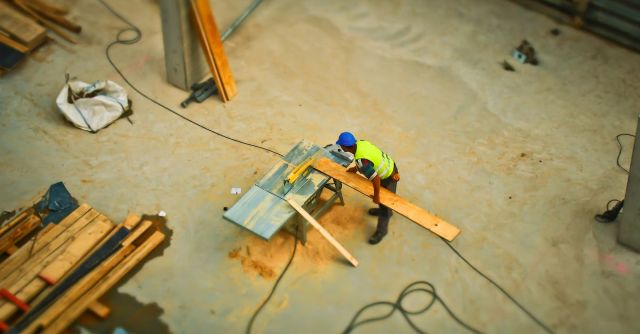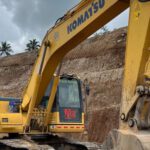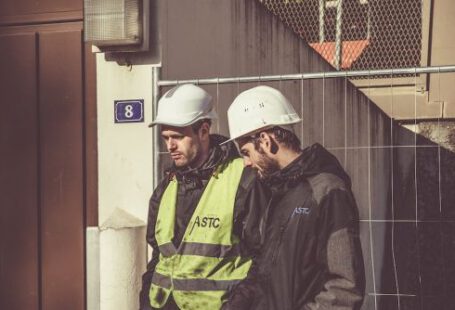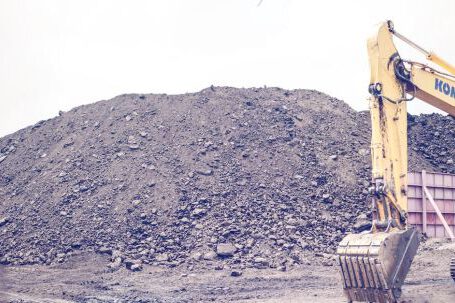Hearing protection is an important, yet often overlooked, aspect of safety in the construction industry. As construction work often involves loud machinery, workers are exposed to high levels of noise that can cause permanent hearing loss. Without adequate hearing protection, workers may suffer from long-term hearing damage that can lead to disability and decreased quality of life. The use of proper hearing protection is essential for worker safety, and employers must make sure that their employees are provided with the necessary equipment and training to ensure their hearing is protected.
What Is the Risk of Hearing Damage in Construction?
The construction industry is one of the most dangerous industries in terms of hearing loss. According to the US Occupational Safety and Health Administration (OSHA), an estimated 22 million workers in the United States are exposed to hazardous levels of noise on the job. In construction, noise levels can reach up to 115 decibels, which is well above the OSHA-mandated limit of 85 decibels. This high level of noise can cause permanent and irreversible damage to workers’ hearing, leading to hearing loss, tinnitus, and other hearing impairments.
How Can Hearing Loss Be Prevented?
The best way to prevent hearing loss in construction workers is to provide adequate hearing protection. Employers should make sure that their employees are provided with the necessary equipment and training to ensure their hearing is protected. This includes providing earplugs or other forms of hearing protection, as well as providing regular hearing tests for workers. Additionally, employers should ensure that their work environment is well-ventilated and free from excessive noise.
What Should Workers Know About Hearing Protection?
Workers should be aware of the risks of hearing loss and the importance of using proper hearing protection. They should also be familiar with the types of hearing protection available, such as earplugs, earmuffs, and foam earplugs. It is important to choose the right type of hearing protection for the specific job, as different types of ear protection may be better suited for certain tasks. Workers should also be aware of the proper way to wear and maintain their hearing protection in order to ensure it is effective.
The Benefits of Adequate Hearing Protection
Adequate hearing protection has a number of benefits for construction workers. By protecting their hearing, workers can avoid the long-term effects of hearing loss, such as decreased quality of life, lack of enjoyment of music and other sounds, and difficulty communicating. Additionally, workers can avoid the potential for disability due to hearing loss, as well as the potential for financial losses due to decreased productivity or compensation claims. Proper hearing protection can also help to reduce the risk of accidents on the job, as workers will be better able to hear warning signals and instructions.
Conclusion
Adequate hearing protection is essential for construction workers in order to protect their hearing from the high levels of noise present in the industry. Employers must make sure that their employees are provided with the necessary equipment and training to ensure their hearing is protected. Workers should also be aware of the risks of hearing loss and the importance of using proper hearing protection. By using adequate hearing protection, workers can avoid the long-term effects of hearing loss and help to reduce the risk of accidents on the job.






